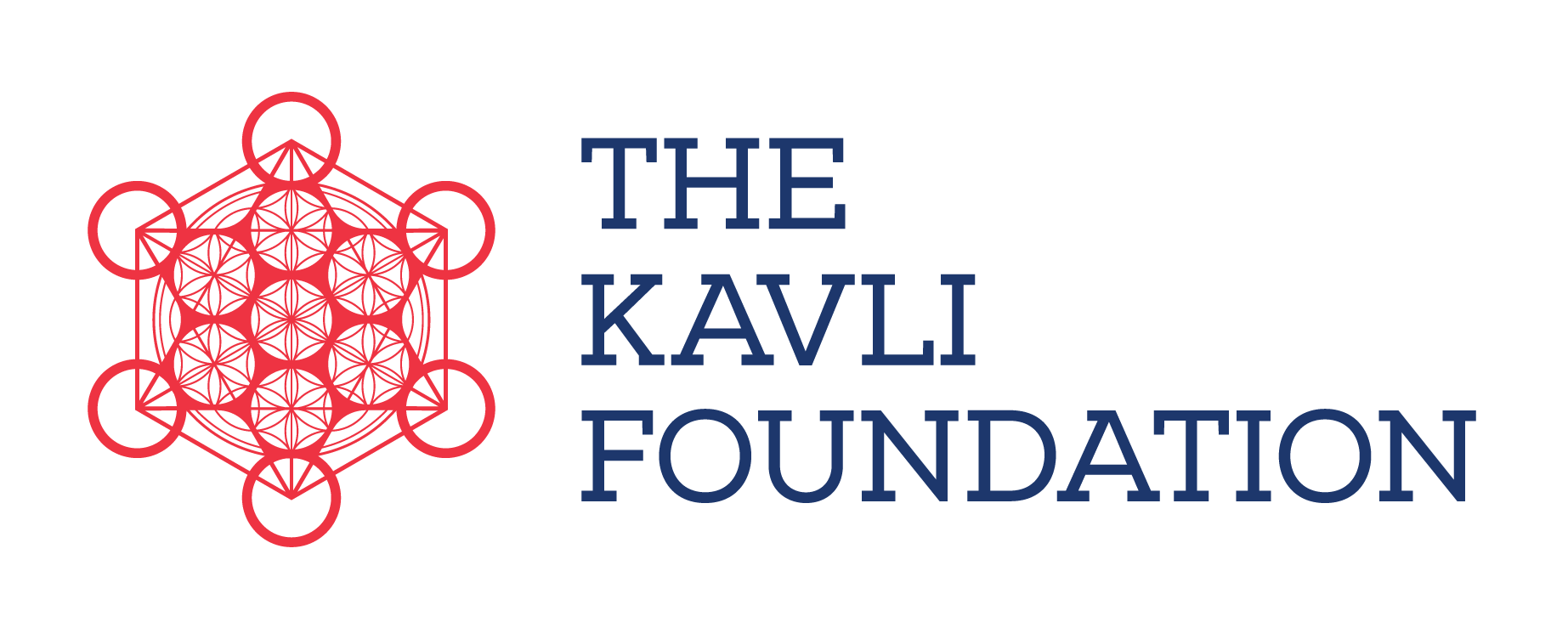December 14, 2017
Kavli Institute for the Physics and Mathematics of the Universe (Kavli IPMU)
 Kavli Institute for the Physics and Mathematics of the Universe (Kavli IPMU) Project Researcher Daisuke Kaneko is one of several researchers who have received the 2018 Physical Society of Japan Young Scientist Award.
Kavli Institute for the Physics and Mathematics of the Universe (Kavli IPMU) Project Researcher Daisuke Kaneko is one of several researchers who have received the 2018 Physical Society of Japan Young Scientist Award.
Every year since 2007, the Physical Society of Japan has recognized outstanding achievements made by early career researchers in 19 different areas of physics research.
Kaneko has been recognized for his work in experimental particle physics. His PhD thesis, “The final result of μ+ → e+ γ search with the MEG experiment,” details his analysis of all data ever taken in the MEG experiment at the Paul Scherrer Institute in Switzerland, which is aiming to observe for the first time a positive muon decaying into a positron and a gamma ray. A positive observation would be evidence of physics beyond the Standard Model. Although μ+ → e+ γ was not discovered this time, the world's most stringent limit was obtained.
Currently, the MEG experiment is being ungraded to the MEG II experiment.
As part of this prize, Kaneko and the other Young Scientist Award recipients will be invited to give an award lecture at the next JPS Annual Meeting in Tokyo next March.
Kaneko is the second Kavli IPMU researcher to receive this prize. Last year, Kavli IPMU Project Researcher Yuki Sakurai received the Young Scientist Award for his paper, “Evidence for the Higgs boson in the τ+τ- final state and its CP measurement in proton-proton collisions with the ATLAS detector.”
Both Kaneko and Sakurai are currently working on the Cosmic Microwave Background experiment, with Kaneko carrying out research through the POLARBAR project, and Sakurai through the LiteBIRD project to observe primordial gravitational waves from just after the Big Bang.
Related Links
Full list of Young Scientist Award recipients






